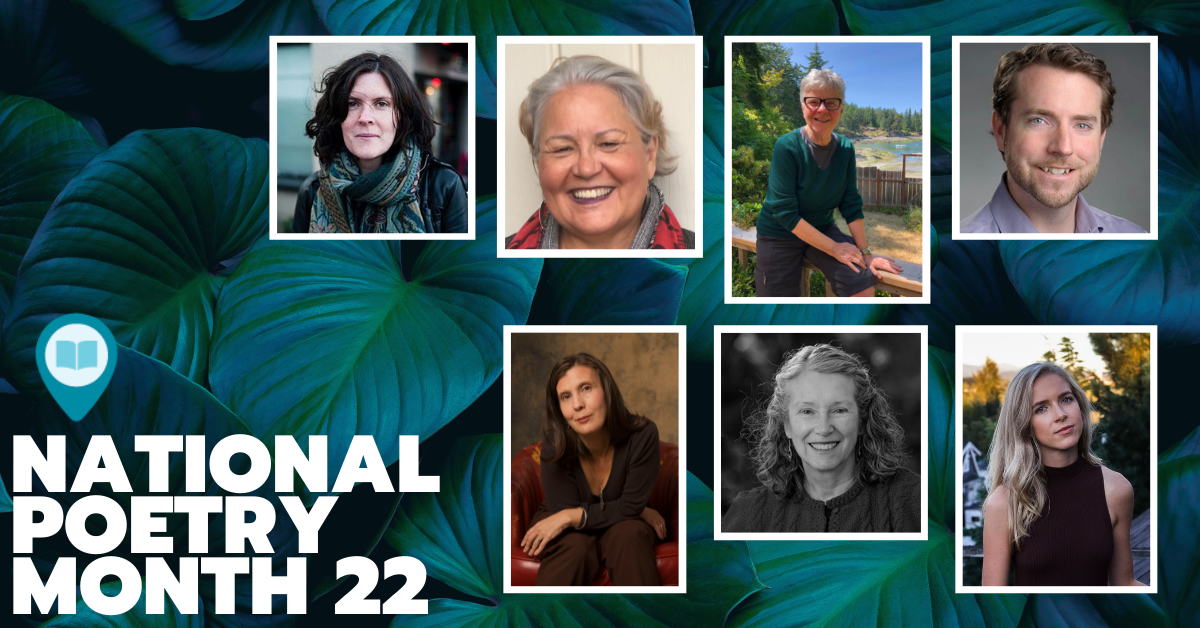We’ve spent the past three months talking with BC writers about their new books. Now they get a chance to share some love with others! We asked each featured writer to tell us about a BC poet who influenced or inspired them. This post was compiled by Rob Taylor.
Arleen Paré on Kayla Czaga:
I am in love with the writing of Kayla Czaga. She is the author of two collections of poetry — For Your Safety Please Hold On (Nightwood Editions, 2014) and Dunk Tank (House of Anansi, 2019) — as well as the chapbook Enemy of the People (Anstruther Press, 2015). Her first collection was awarded The Gerald Lampert Memorial Award and nominated for The Governor General’s Award for Poetry, The Dorothy Livesay Poetry Prize, and The Debut-litzer. As well her poems have appeared in numerous literary journals and anthologies. She is a strong poet devoted to the unusual and tender, with a quirky poetic voice. I love her poetic courage and her singularity, how she communicates, how she trusts her own distinctive voice and views of the world.
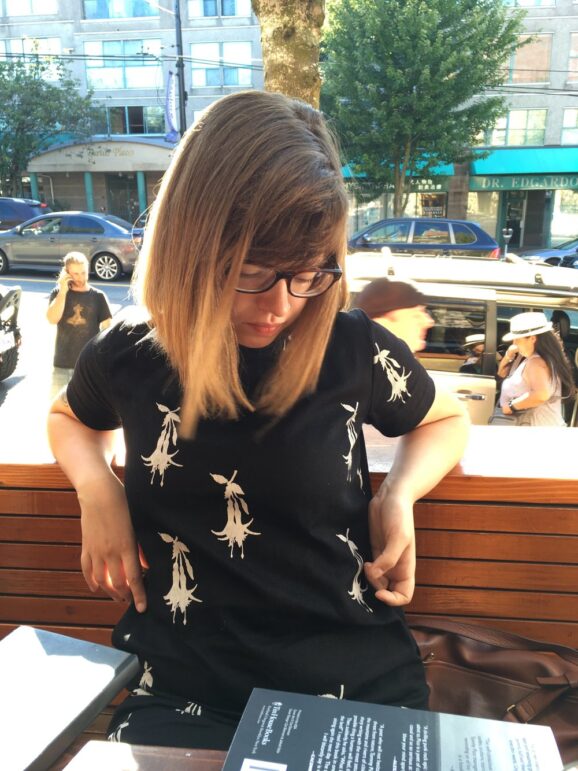
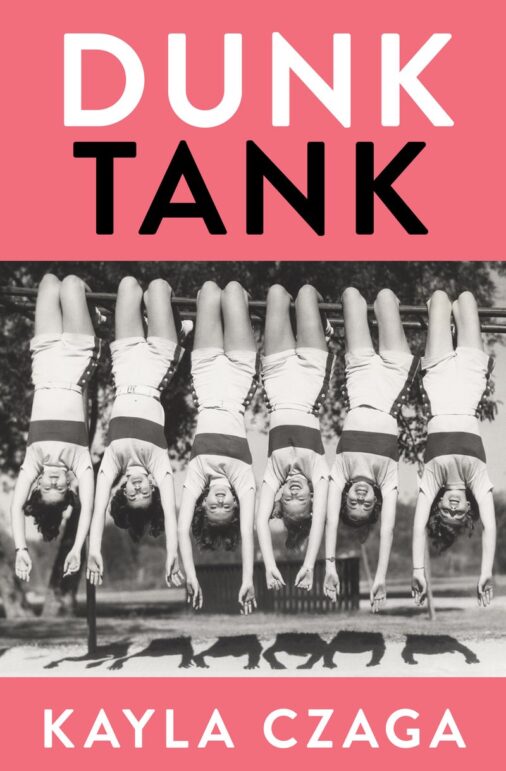
Laura Farina on Raoul Fernandes:
Raoul Fernandes’ book Transmitter and Receiver (Harbour Publishing, 2015) taught me a lot about how it’s possible to write a profoundly surreal and stylistically inventive book that is simultaneously alive to beauty and intensely kind. For some reason those qualities don’t come together often enough. Maybe because it’s really hard to pull off, but Fernandes does it with such skill. When I read lines like “I want a cellphone with fur that bristles. / Or changes colour like a bothered / octopus. I hope no one calls today,” my feelings get all tangled in knots. I’m giggling because the image is so delightful, but there’s also a tinge of longing in the line, so it’s like a melancholy giggle. And I feel understood — I also hope no one calls today, so it’s a melancholy giggle followed by a knowing nod. The word “bothered” is so good because I think I would have picked “startled,” but “bothered” more accurately describes how I feel when my phone rings. The whole book is full of these beautiful moments. It came out in 2015, but it’s still one I reach for regularly.

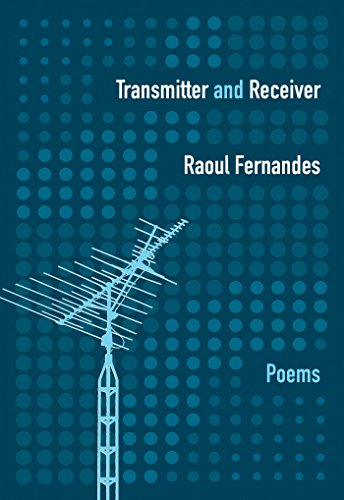
Andrew Chesham on Chantal Gibson:
I’ve really been drawn to Chantal Gibson’s work in How She Read (Caitlin Press, 2019). Her poetry is powerful and subversive. The way some of the poems are formed around grammar, and common grammatical mistakes, really brings home for me the idea that grammar is still an acceptable tool of repression — as in there’s a belief that there’s a right way and a wrong way to write. When I read her piece “Run on,” where she uses the form of a run-on sentence to recount the narrator’s experiences of growing up while watching the TV series Roots, I can see how “the rules of language” can be used as tools of restraint. While I obviously have not had the same experiences as Gibson, it did remind me of the time my grade nine English teacher sat me next to another student and said, “Please show Andrew where a period goes.” At that time I just didn’t know how to “properly” write a sentence. And this was grade nine, so I guess I should have known. Previously my father told me to take a deep breath and read my writing out loud. He said I should put a period at the spot where I run out of air. It made my work very hard to read for teachers. I find it so freeing to see Chantal Gibson creates such beautiful poetry in response to accepted grammatical errors. Anyone that says you need the Queen’s English to write effective, engaging work, well, I would like to hand them a copy of this book.
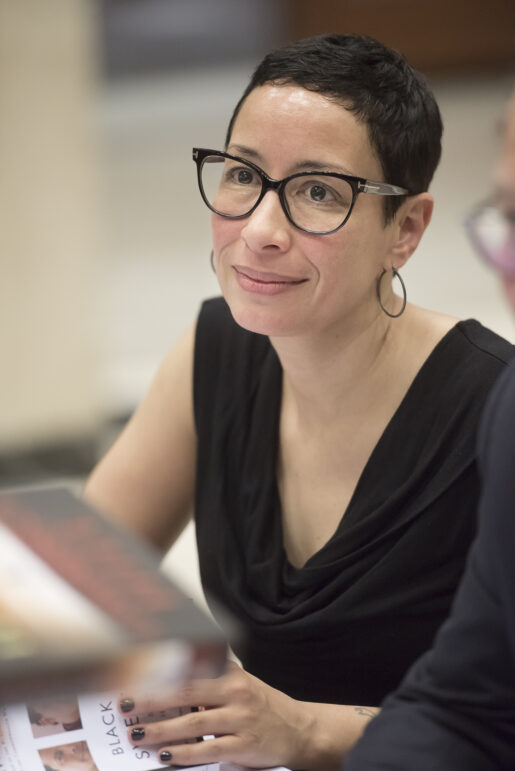
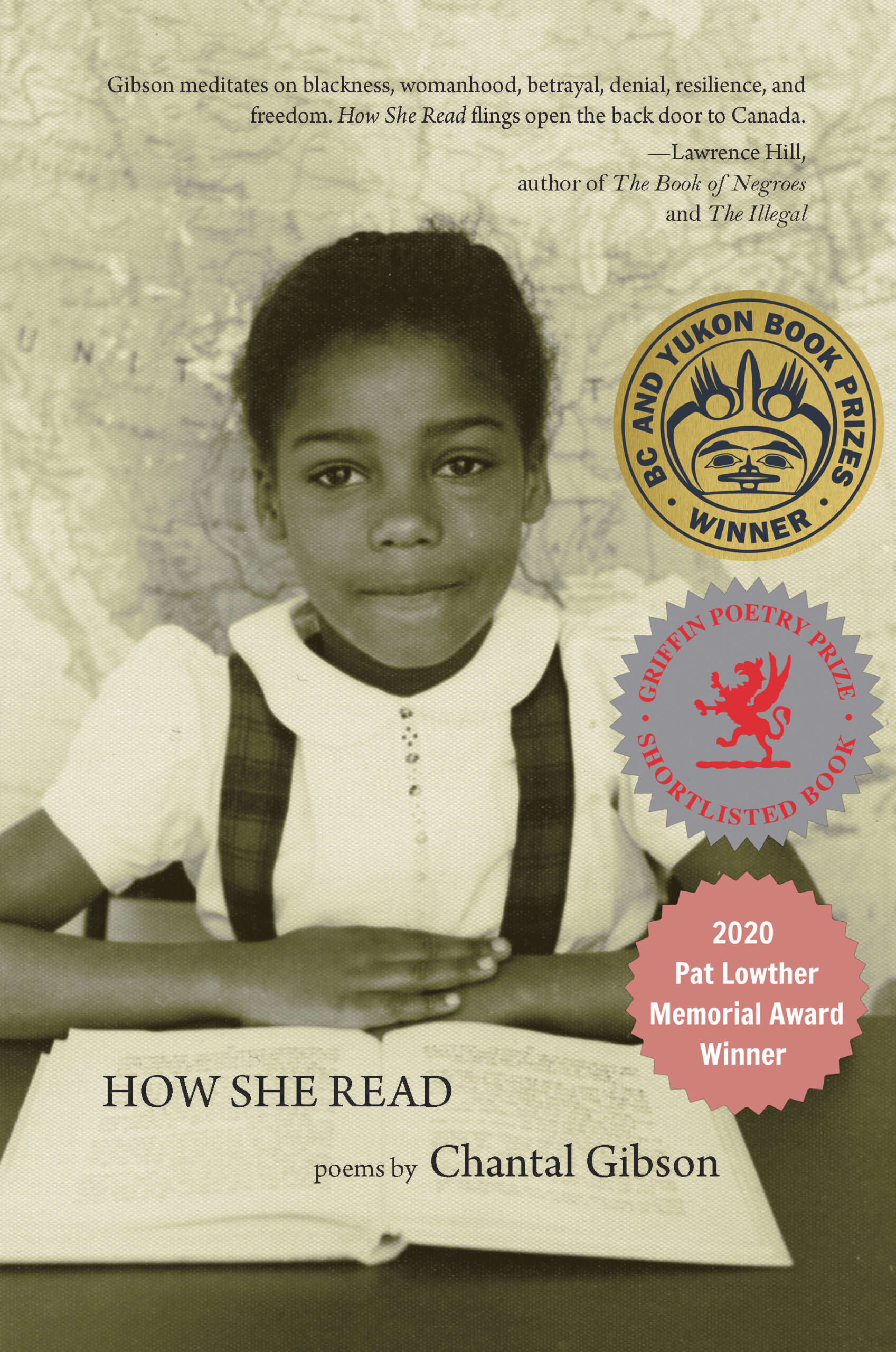
Ellie Sawatzky on Nancy Lee:
Nancy Lee has been an inspiration and a mentor to me since my UBC days. She was my fiction instructor and my thesis advisor. I’ve long admired her prose, but more recently fell in love with her poetry when I read her collection What Hurts Going Down (McClelland & Stewart, 2020). I love the way she writes the worlds of girls and women — at times ruggedly honest and realistic (“Just for today, admit it’s hard how we die”) and at other times lurid and phantasmagorical, reimagining the world as a place where men don’t get away with shit (“Bridesmaids / rig rope for a groomsman piñata”).
As a fellow fiction writer/poet, I really appreciate the narrative qualities of Nancy’s poems, the variety of characters and voices. I’m in awe of her ability to craft an entire world out of a stock boy’s peeling palms and a T-shirt that smells of dead guinea pig. How does she do that? I simultaneously want and do not want to get inside her dazzling brain. Her poems thrash and shimmer, kiss and bite, cross and uncross their legs so we can’t help but look.
My favourite thing about reading What Hurts Going Down is that I feel seen and affirmed in the parts of myself that are crass and caustic, mouthy and angry. It’s the kind of book that makes me want to be more unapologetically myself, as a woman and as a poet.

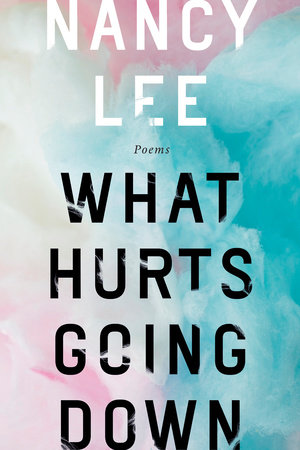
shauna paull on Lee Maracle:
Lee Maracle has been a force — of authenticity and courage, of generosity and mentorship, of ground breaking literatures, of teaching and leading — for so many for so long. It is difficult to write about her now, given that she has recently passed into spirit world. I did not know Lee well, but I remember once I was visiting with two young Saulteaux-Cree women who were being detained in segregation, inhumanely, as these things go. I asked a colleague, who mentioned she was meeting with Lee that evening, if she would ask for a couple of spare books that I could give to these women, knowing as I did the power in Lee’s writing — all of it! My colleague returned the next day with an entire box of Lee’s most recent book at that time, which was Bent Box (Theytus Books, 2000). I was able to share those beautiful, powerful poems with many women in detention.
I had the courage to ask for her work because I had attended a panel about women’s writing and Lee was there. For me, her presence, her work and her words that evening transformed the room, all of us in it, and beyond us, too. I was affirmed that she would be open and generous on behalf of other Indigenous women whose lives were shaped by the legacies of colonialism. Since then, I have followed Lee’s work — its weaving of story, wisdom and song with such clarity and bravery, including her later collaborations with her daughters and other artists. Across the country, so many have been graced by Lee’s work, mentorship, and generous advice. She remains, for me, a powerful, transformative and keen-eyed voice for the power of art to teach us, to hold us up and to transform us. I am so grateful to have been in Vancouver in the 1990s when so many powerful women were writing and sharing their work with those of us who were younger and learning our way.
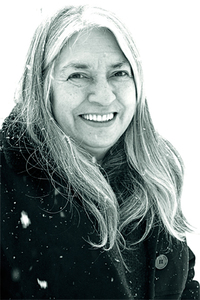
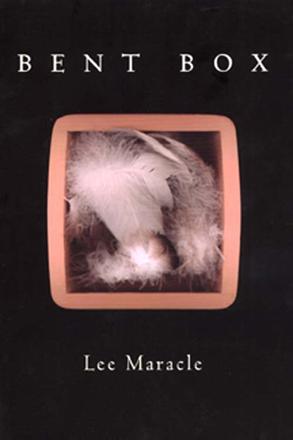
W.M. Herring on Al Rempel:
When I started writing I had read little contemporary poetry and did not know any poets except Al Rempel, who I met through a friend. I picked up a copy of Al’s book understories (Caitlin Press, 2010) and felt at home. Al wrote of things I understood — snow, stones, trees, rivers, winter, summer, highways south, and crows. He made sharp observations, built and resolved tensions, celebrated my northern world in words that made me slow down and read aloud. From “Tilt,” in understories:
we slid to the north and here
I am caught by all of it
and in the summer, the arctic light
glows like an eye, its lid not quite
closed, and I’m dizzy with earth’s tilt.
When I summoned the courage to show a few poems to someone, I asked Al out for coffee. He graciously read the poems and said I should keep working at it… and avoid too many “-ing” endings. Now I have a first volume out, graced by Al’s generous blurb. Thank you, Al for the incisive writing and the wise advice!
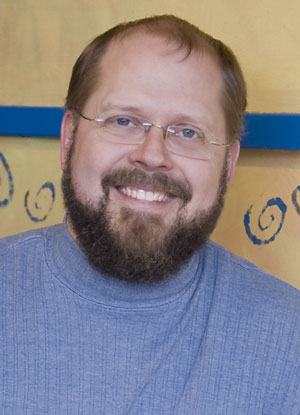
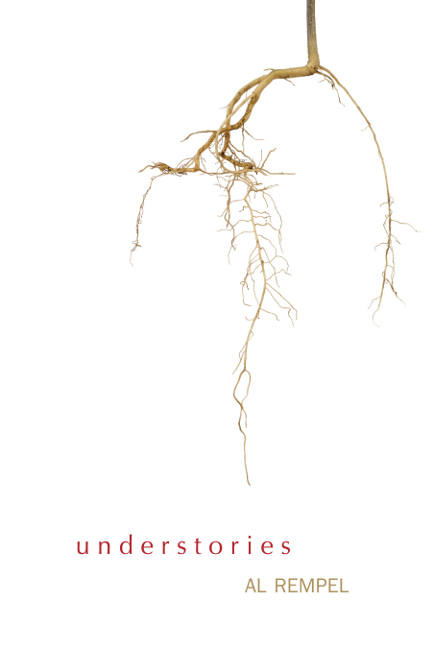
Jónína Kirton on Betsy Warland: It would be hard to fully cover the impact that Betsy Warland has had on my writing life. I remember one of my first classes with her, at the SFU Writer’s Studio, in 2006. I was mesmerized by her way of thinking about writing. When she spoke about being a person of between, I knew right away that I was in the presence of someone who walked their own path. I rushed out and bought all her books that I could find. Even the titles spoke to me: What Holds Us Here (Buschek Books, 1998), Bloodroot: The Untelling of Motherloss (Inanna Publications, 2021. She was asking the same questions I was asking and found ways to hold those questions gently in her hands and heart, then wait. She was patient, understood that good writing takes time, and that we must become good listeners. She wrote like no one else. Everything she said resonated with me. She trusted herself and encouraged us to trust ourselves. I was, and still am, “all in” when it comes to her teaching style and her way with words.
I cherish and return to Bloodroot: The Untelling of Motherloss. As the daughter of a mother with whom I had a complicated relationship I welcome the compassion that is contained in that book and aspire to be as gentle with my family as she is with hers. In Oscar of Between: A Memoir of Identity and Ideas (Caitlin Press 2020), she weaves current events into the narrative, in such a way that you feel as if you are being invited into her inner most thoughts. She shows you, not tells you, what most concerns her. Her words are like a camera lens, zooming in and out of the spaces she visits. Then again with Lost Lagoon/lost in thought (Caitlin Press, 2020), we feel invited in and go on a walk about around Lost Lagoon with her.
I have the deepest regard for Betsy and her writing and feel blessed to have had her support since I began writing in 2006. Whenever things come up in my writing life, she is there to listen and to offer gentle guidance. I would never be the writer or writing mentor that I am today were it not for her continued presence in my life.
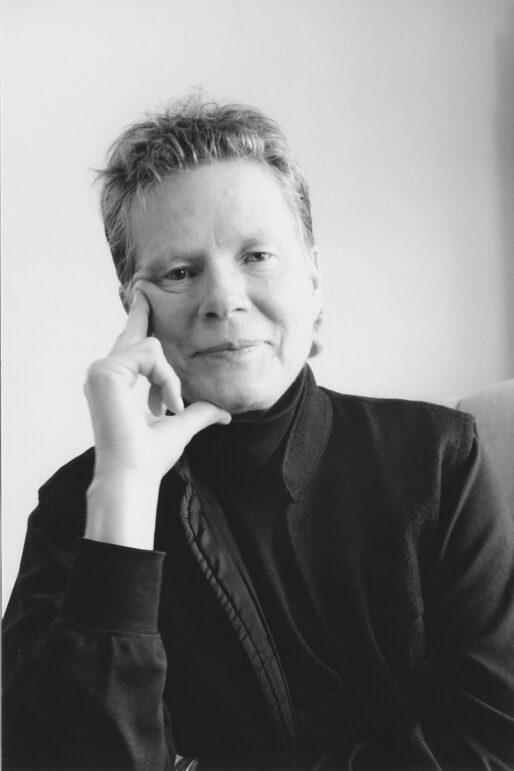
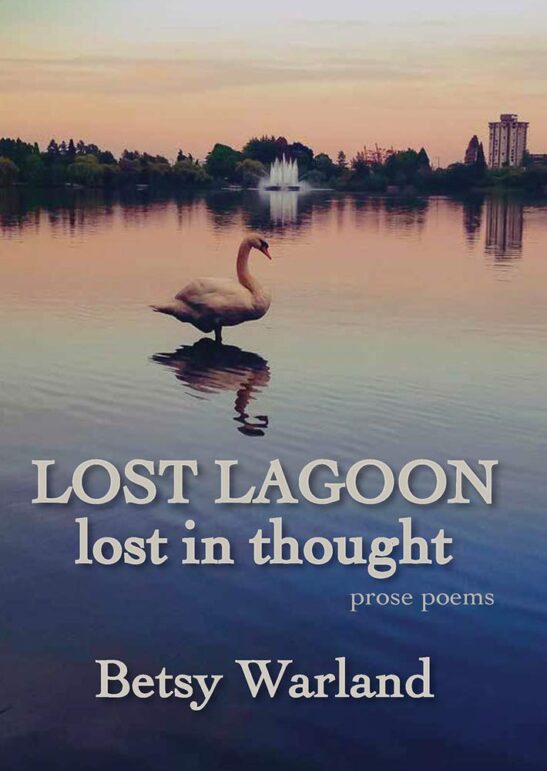
Thank you to interviewer Rob Taylor and to all of the featured #NPM2022 writers and publishers!
Find even more reasons to celebrate National Poetry Month in our archives:

